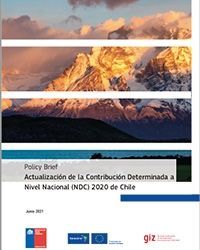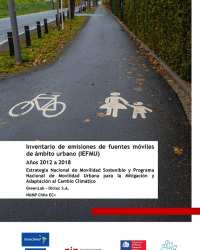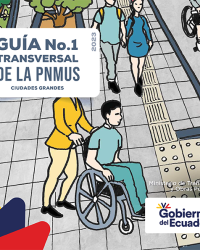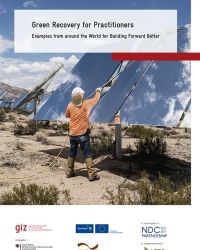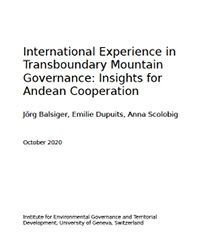Green Recovery for Practitioners – Fiscal Policies for a Sustainable, Inclusive and Resilient Transformation
619 Downloads
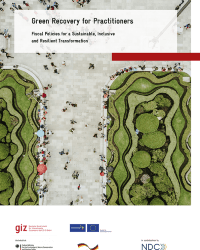 Green Recovery for Practitioners - Fiscal Policies for a Sustainable, Inclusive and Resilient Transformation
Green Recovery for Practitioners - Fiscal Policies for a Sustainable, Inclusive and Resilient Transformation
While the Covid-19 pandemic has created unprecedented challenges for countries worldwide, it has also created opportunities for driving transformation through a green recovery. Finance ministries and fiscal policies play a crucial role in shaping this recovery. Up until now, substantial fiscal resources have been mobilised to tackle socio-economic impacts of the pandemic. However, recovery packages have tended to perpetuate existing trends in spending and do not close the investment gap to address the climate and biodiversity crises.
Looking at underlying challenges, country examples and practical steps for implementation, this report identifies four action areas for advancing green fiscal policies – as part of Covid-19 recovery and beyond:
- Reforming fiscal rules to tackle limited fiscal space
- Green public financial management frameworks to link fiscal, social, and ecological strategies
- Carbon pricing to induce long-term change
- Developing capacities and networks to integrate recovery efforts across fiscal and environmental spheres
A publication series for practitioners
This report is the third and final publication in the series Green Recovery for Practitioners which is developed in contribution to the NDC Partnership's Economic Advisory Initiative.
Part 1: The first report maps out key arguments in support of a green recovery and the various components, stakeholders, and instruments it might entail.
Part 2: The second report presents examples of 23 green recovery measures from more than 20 countries worldwide, highlighting different approaches and lessons learned particularly by developing and emerging economies.
The publication series is developed in a joint effort by the EU-funded EUROCLIMA+ programme, the BMU-funded IKI Support Project for the Implementation of the Paris Agreement (SPA) and IKI Support Project for the Design and Implementation of the New Global Biodiversity Framework (BioFrame), and E3G.
| Category: | Estudios técnicos |
| File Size: | 1.18 MB |
| Hits: | 4604 Hits |
| Download: | 619 times |
| Título: | Green Recovery for Practitioners – Examples from around the World for Building Forward Better |
| Autor: | Juliet Phillips, Felix Heilmann, (E3G) |
| Año: | Noviembre 2021 |
| Autor institucional: | E3G, GIZ y EUROCLIMA+ |
| Formato: | PDF, 39 pág |

